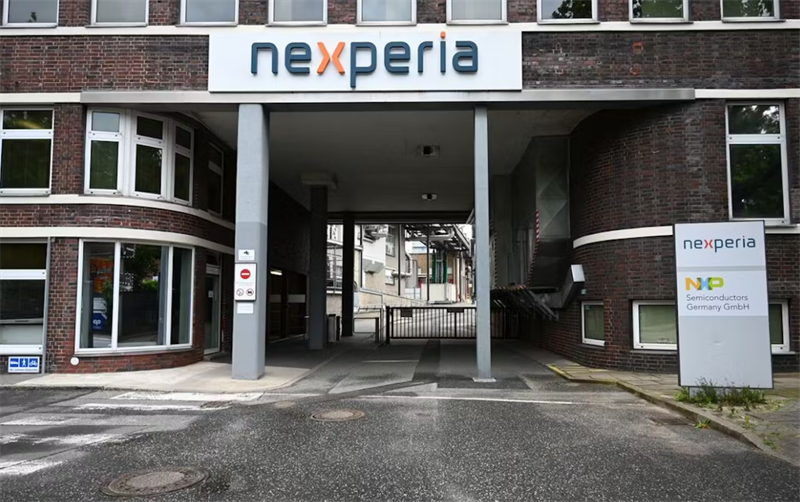October 23, 2025 — Dutch semiconductor manufacturer Nexperia has resumed semiconductor shipments within China through its local subsidiary, according to people familiar with the matter, marking a limited restart after Beijing imposed export restrictions amid an escalating ownership dispute between China and the Netherlands.
Sources told Reuters that the resumed sales are confined to domestic trade and must now be settled exclusively in Chinese yuan, replacing previous transactions in foreign currencies such as the U.S. dollar. Distributors have also been instructed to deal only in yuan with their downstream customers — a move seen as part of the Chinese unit's push to stabilize local supply chains and operate more independently from its Dutch parent.
The development follows weeks of growing tension after the Dutch government seized control of Nexperia on September 30, citing governance issues and national security concerns that its technology could be transferred to its Chinese parent company, Wingtech Technology (600745.SS).
On October 4, China's Ministry of Commerce responded by banning Nexperia from exporting chips and components from its Chinese facilities. The order forced the company's Dongguan packaging plant — responsible for roughly 70% of Nexperia's global assembly and testing capacity — to halt shipments to all distributors.
According to Fd.nl, Nexperia's European headquarters recently warned customers that it could "no longer guarantee the quality" of chips manufactured in China, effectively discouraging clients from purchasing Chinese-made Nexperia products. The company reportedly said it no longer controls production processes at its Chinese facilities, which have declared they will no longer follow instructions from the Dutch parent.

In response, Nexperia's Chinese unit issued a statement on October 19 via its official WeChat account, asserting that it is "operating independently" and that its "manufacturing and business activities are proceeding in an orderly manner." The subsidiary also accused its Dutch parent of spreading "groundless doubt" about product compliance and said it would pursue legal remedies.
The split has disrupted management and payroll systems across Nexperia's global network. Earlier this month, the Chinese team reported that its accounts had been temporarily frozen and that European headquarters had stopped salary payments — claims later denied by the Dutch side.
Industry data shows that Nexperia's Chinese operations account for around 80% of its total packaging capacity and about 50% of its global sales, making the dispute a critical risk to both the company and the global semiconductor supply chain.
Auto Industry Raises Alarms
The conflict has already begun to ripple through the global automotive industry. The European Automobile Manufacturers' Association (ACEA) warned on October 16 that production could be "severely disrupted" if Nexperia's supply issues are not resolved soon. Automakers and suppliers reportedly received notices from Nexperia on October 10 outlining the risk of delivery interruptions.
German media outlet Bild reported that Volkswagen may suspend production of its Golf model due to chip shortages linked to the dispute.
Meanwhile, the Japan Automobile Manufacturers Association (JAMA) said on Thursday (October 23) that a Dutch semiconductor company — understood to be Nexperia — had notified Japanese auto parts makers that it may not be able to guarantee chip deliveries. JAMA warned that the affected semiconductors, which are essential components in electronic control units, could cause a "serious impact" on global vehicle production.
Analysts say the conflict underscores the growing risks of geopolitical fragmentation in semiconductor supply chains. As Nexperia seeks new packaging partners outside China and both sides dig in, the dispute threatens to deepen a shortage of automotive-grade chips — components that, while less advanced, remain vital to the world's largest manufacturing sectors.
+86 191 9627 2716
+86 181 7379 0595
8:30 a.m. to 5:30 p.m., Monday to Friday
